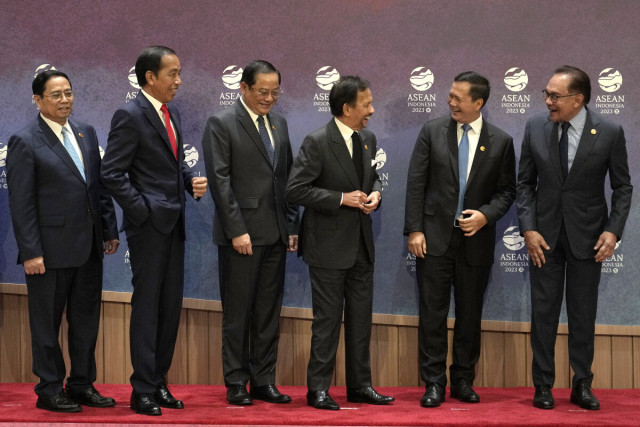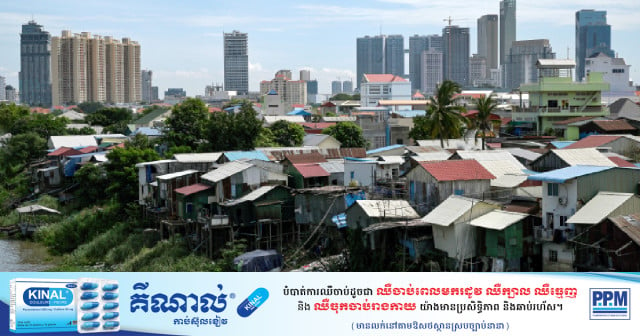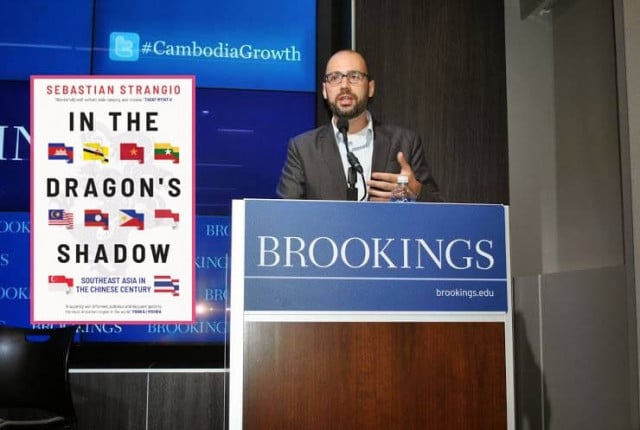ASEAN Must Improve Crisis Response: PM

- By Teng Yalirozy
- September 6, 2023 11:50 AM
PHNOM PENH – Cambodia says ASEAN has not responded well enough to regional crises and must anticipate them for timely and effective solutions.
“ASEAN’s response is not enough,” Prime Minister Hun Manet said on Sept. 5 at the opening of the plenary session of the bloc’s summit in Jakarta.
“ASEAN must have the ability to anticipate, prevent and mitigate crises through the use of the special role of the ASEAN Summit”.
The PM, who made his international debut at the 43rd ASEAN Summit after taking power last month, was concerned about the escalation of geopolitical tension.
This created pressure to find a neutral position that can truly support cooperation and peaceful coexistence.
“As the policy-making body in line with the core principles of consultation and consensus, ASEAN can take firm and timely action on issues of urgency and importance,” he said.
Vann Bunna, co-founder of the foreign affairs analysis platform Thinker Cambodia, said the three pillars of ASEAN, the ASEAN Political-Security Community, the ASEAN Economic Community and the ASEAN Socio-Cultural Community, helped settle conflicts in the region.
However, he said, “ASEAN is criticized as a discussion and diplomatic forum with no solid action. Despite having convened meetings and issued statements, the organization has not been able to solve certain conflicts.”
The Myanmar crisis caused by the 2021 coup epitomized the futile issue-solving mechanism of ASEAN.
Bunna said ASEAN made decisions based on consensus, meaning if one of the ten member nations opposed a plan or notion, there was no mechanism to address it.
On the other hand, he said there was a development gap between the early and latest members of the bloc as well as the division between China-supporting and US-supporting countries.
According to the Narrowing the Development Gap of the Asian Development Bank in May 2023, ASEAN has become the world’s fifth largest economy but has seen member states develop at different socio-economic paces.
Sam Seun, a policy analyst at the Royal Academy of Cambodia, said many problems were seen in ASEAN as the bloc consisted of ten countries with distinct political tendencies and leadership styles.
One of the protracted issues was the South China Sea territorial dispute involving China, Vietnam, Taiwan, the Philippines, Malaysia and Brunei.
“The dispute is complicated because mostly ASEAN will have to deal with it, which is difficult for small countries such as Cambodia and Laos,” he said.
Both Bunna and Seun believed that Cambodia played a vital role in pushing the bloc forward as the country stands on peaceful dialogue.
Vann Bunna said one of the significant contributions was the 2022 chairmanship, leading to Timor-Leste becoming the 11th member in principle of the bloc.
Sam Seun said, “We should not think that Cambodia is a small and powerless country in ASEAN. It is an important dialogue partner.”
The 43rd ASEAN Summit runs until Sept. 7, with the theme “ASEAN Matters: Epicentrum of Growth” and a focus on advancing the ASEAN Community Vision 2025. China's escalating power in the South China Sea and the conflict in Myanmar are main points of discussion.
On Sept. 5, the ASEAN leaders, through the five-point consensus, condemned acts of violence in Myanmar and reaffirmed the commitment to a peaceful solution. The Philippines will claim the 2026 chairmanship instead of Myanmar.
The Cambodian Foreign Ministry said on Sept. 5 that summit foreign ministers encouraged further progress in the implementation of the five-point consensus (5PC) on Myanmar.
They said the consensus, including the ASEAN Leaders’ Review and Decision on the Implementation of the 5PC, remained the key reference to help Myanmar return to normalcy.
The meeting said the 5PC had been necessary to create an environment conducive for peaceful dialogue among all stakeholders for the benefit of everyone in Myanmar.
Foreign Minister and Deputy Prime Minister Sok Chenda Sophea reaffirmed Cambodia's support for Indonesia’s efforts to promote dialogue among stakeholders and reiterated the need to maintain ASEAN unity and perseverance to address the highly complex issue of Myanmar.















